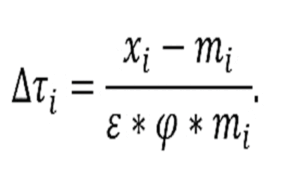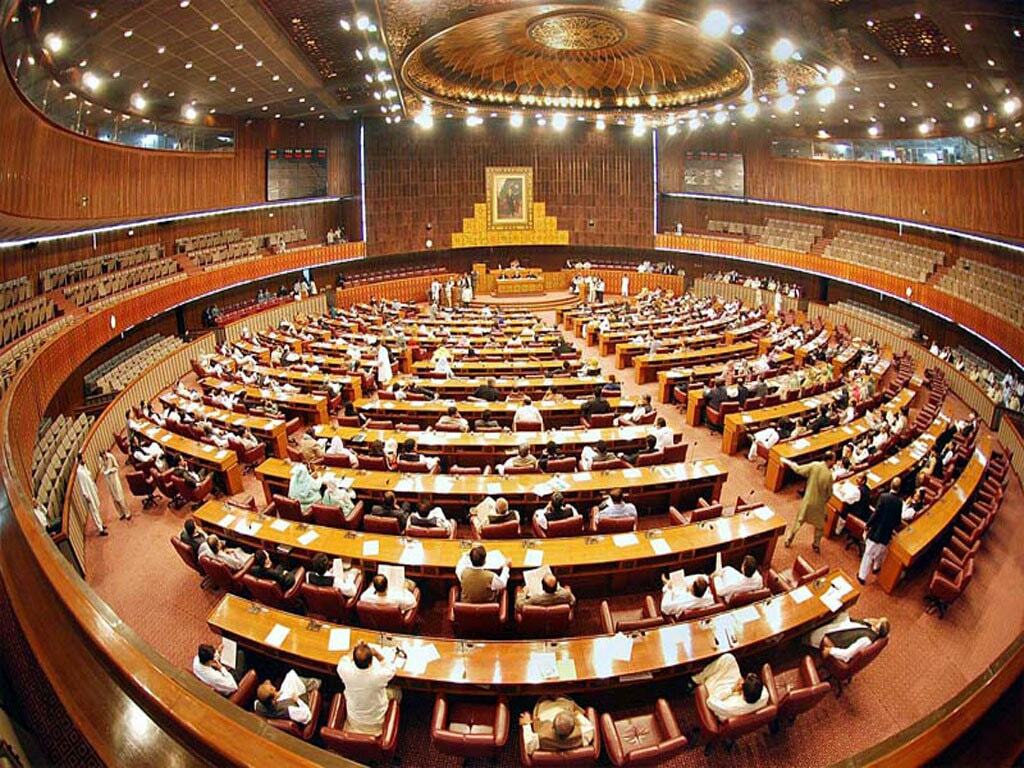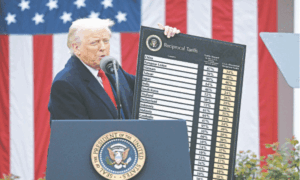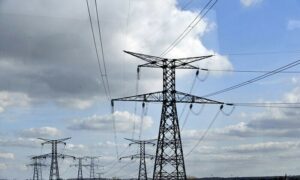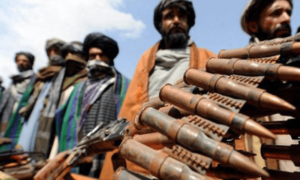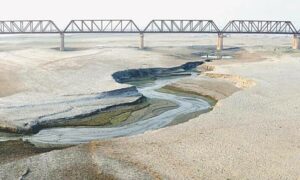Pakistan has a long and complicated history with democracy. Since gaining independence in 1947, the country has experienced periods of military rule, political instability, and social unrest. However, despite these challenges, many Pakistanis remain committed to the principles of democracy and are working tirelessly to build a more democratic and just society.
So, how can democracy win in Pakistan? There are several key factors that will be essential to building a strong and sustainable democracy in the country.
First and foremost, there must be a commitment to free and fair elections. This means ensuring that all citizens have equal access to the ballot box and that the electoral process is transparent and accountable. In recent years, Pakistan has made significant progress in this area, with the 2018 general election widely regarded as one of the most transparent and fair in the country’s history.
Secondly, there must be a strong and independent judiciary that can hold those in power accountable. This requires an end to political interference in the judicial system and a commitment to upholding the rule of law. In recent years, Pakistan’s judiciary has demonstrated a greater degree of independence and has taken steps to hold powerful individuals and institutions accountable for their actions.
Thirdly, there must be a free and vibrant media that can hold those in power accountable and provide the public with access to accurate and unbiased information. In recent years, Pakistan’s media landscape has become more diverse and dynamic, with an increasing number of independent news outlets and journalists working to expose corruption and promote transparency.
Finally, there must be a strong civil society that can hold those in power accountable and advocate for the rights of all citizens. This includes NGOs, human rights organizations, and community-based groups that can provide a voice for marginalized communities and help to build a more inclusive and equitable society.
Of course, building a strong and sustainable democracy in Pakistan will not be easy. There will be challenges and setbacks along the way, and progress will likely be slow and incremental. However, by focusing on the key factors outlined above and working together to build a more democratic and just society, Pakistanis can lay the foundation for a brighter and more prosperous future.
In conclusion, democracy can win in Pakistan, but it will require a sustained and committed effort from all sectors of society. By working together to promote free and fair elections, uphold the rule of law, promote a free and independent media, and build a strong civil society, Pakistanis can create a future that is defined by democracy, justice, and equality.
